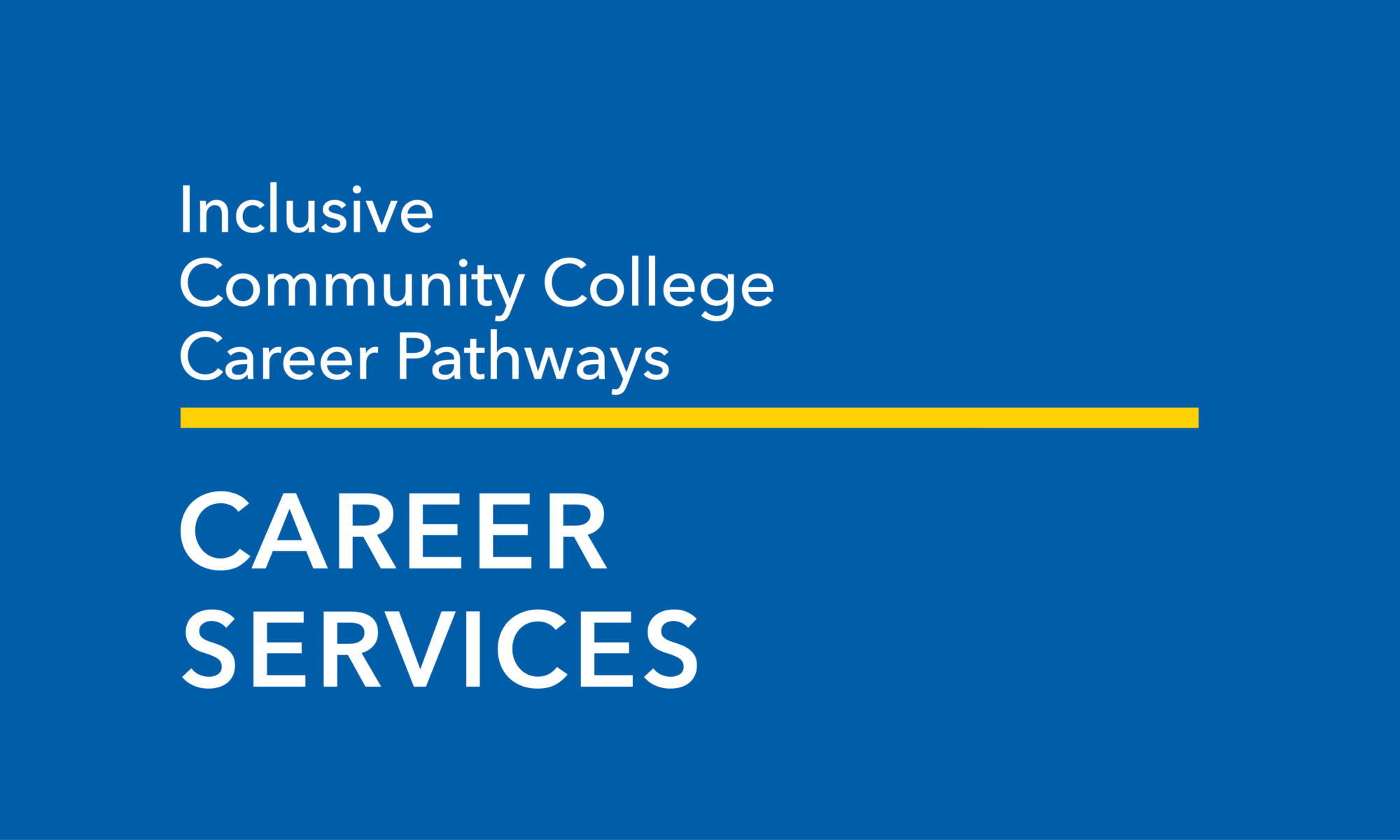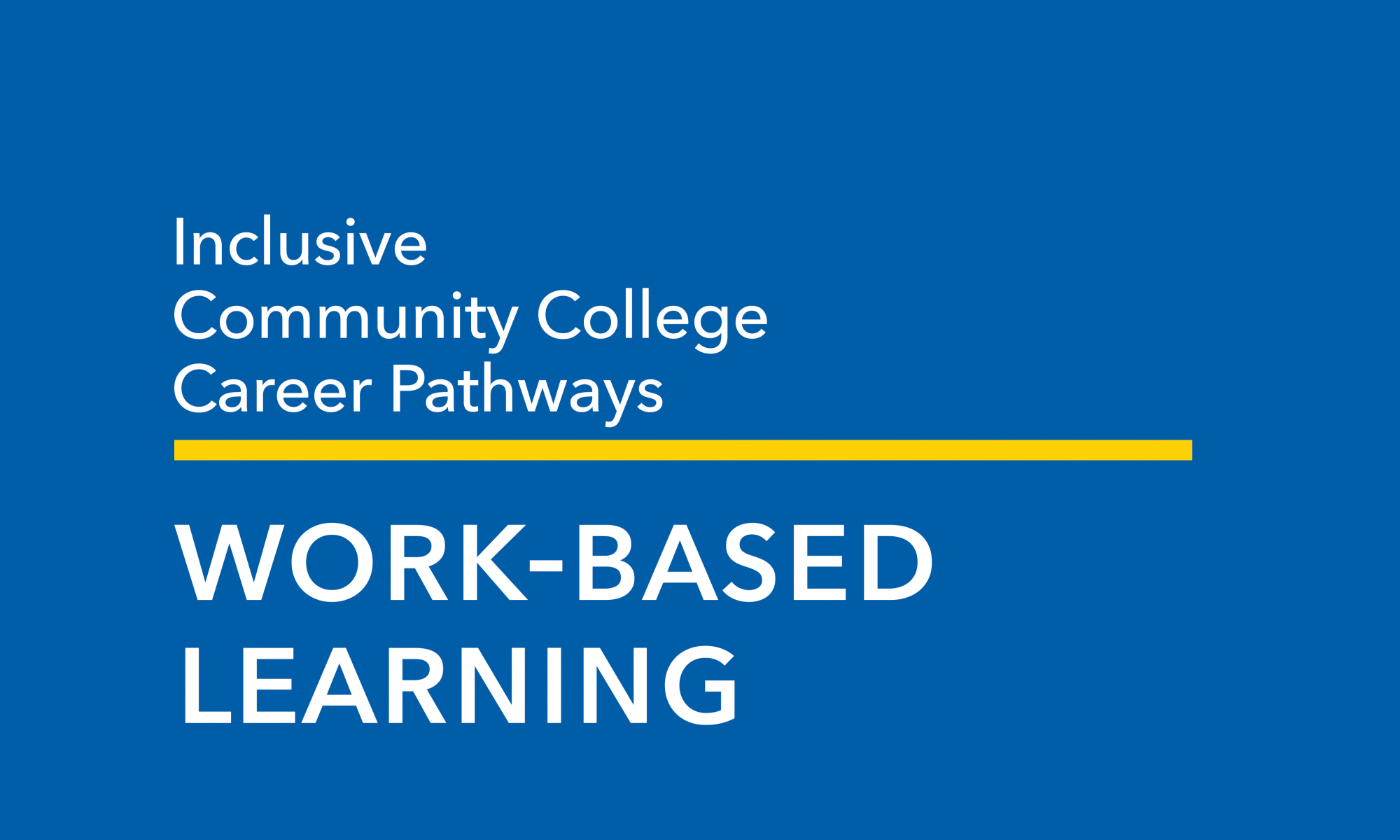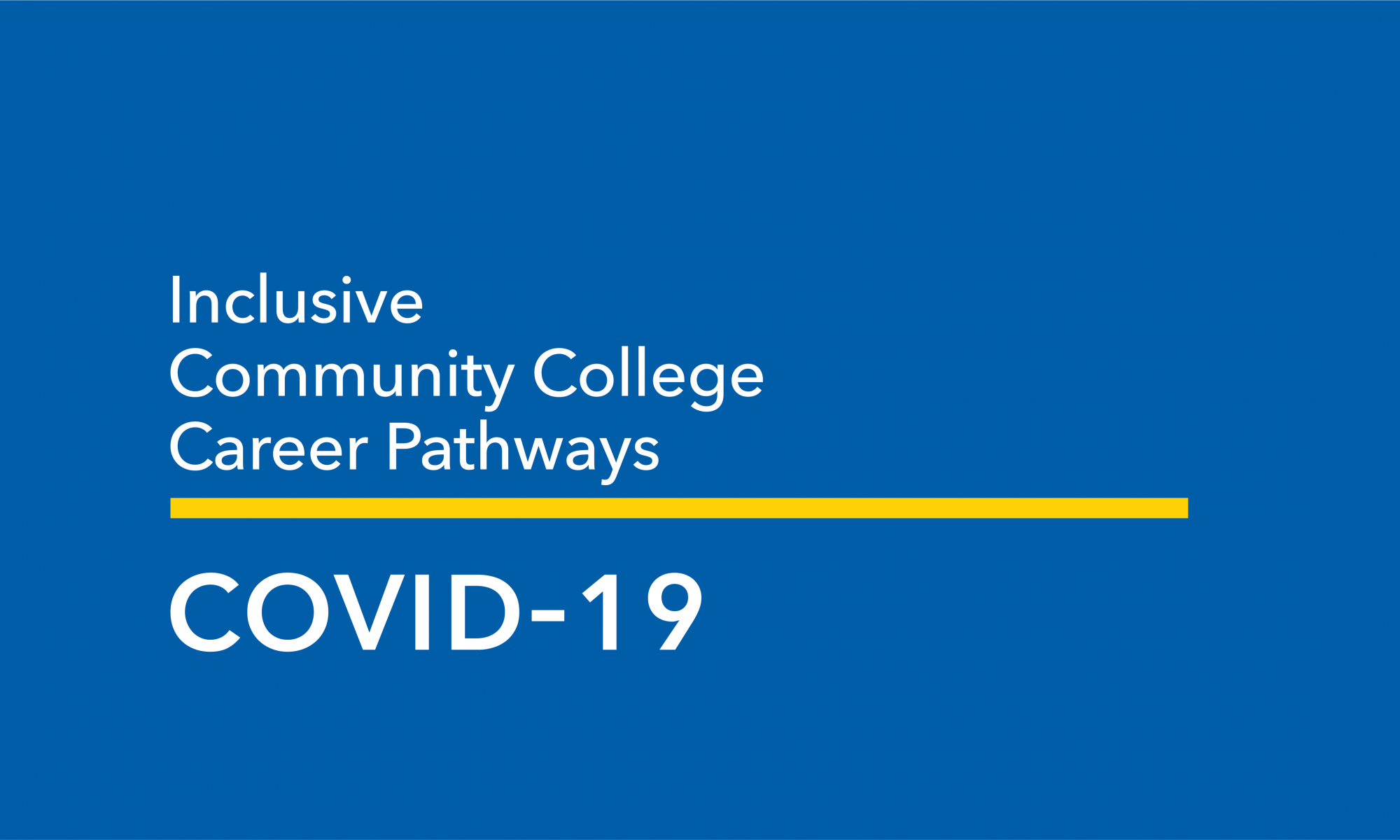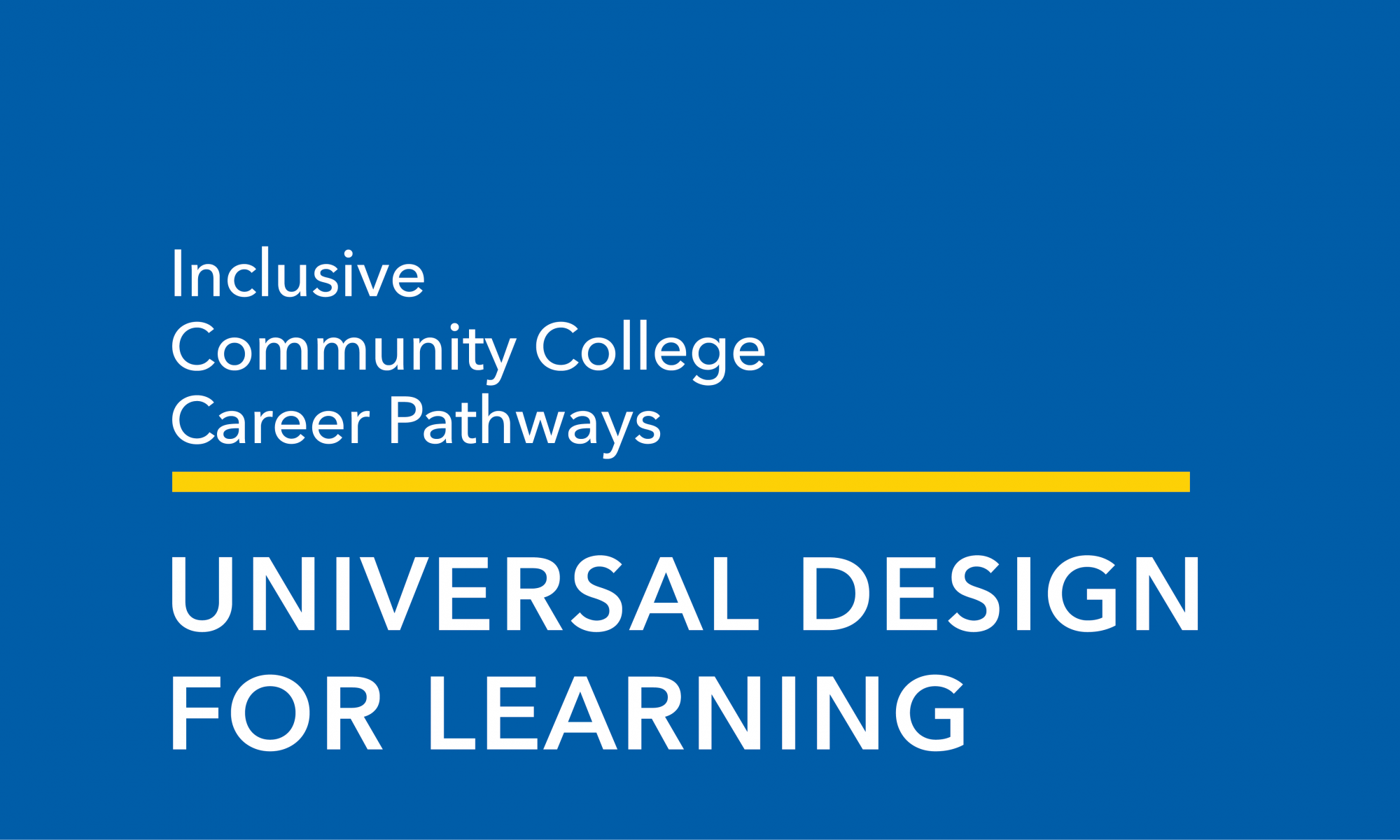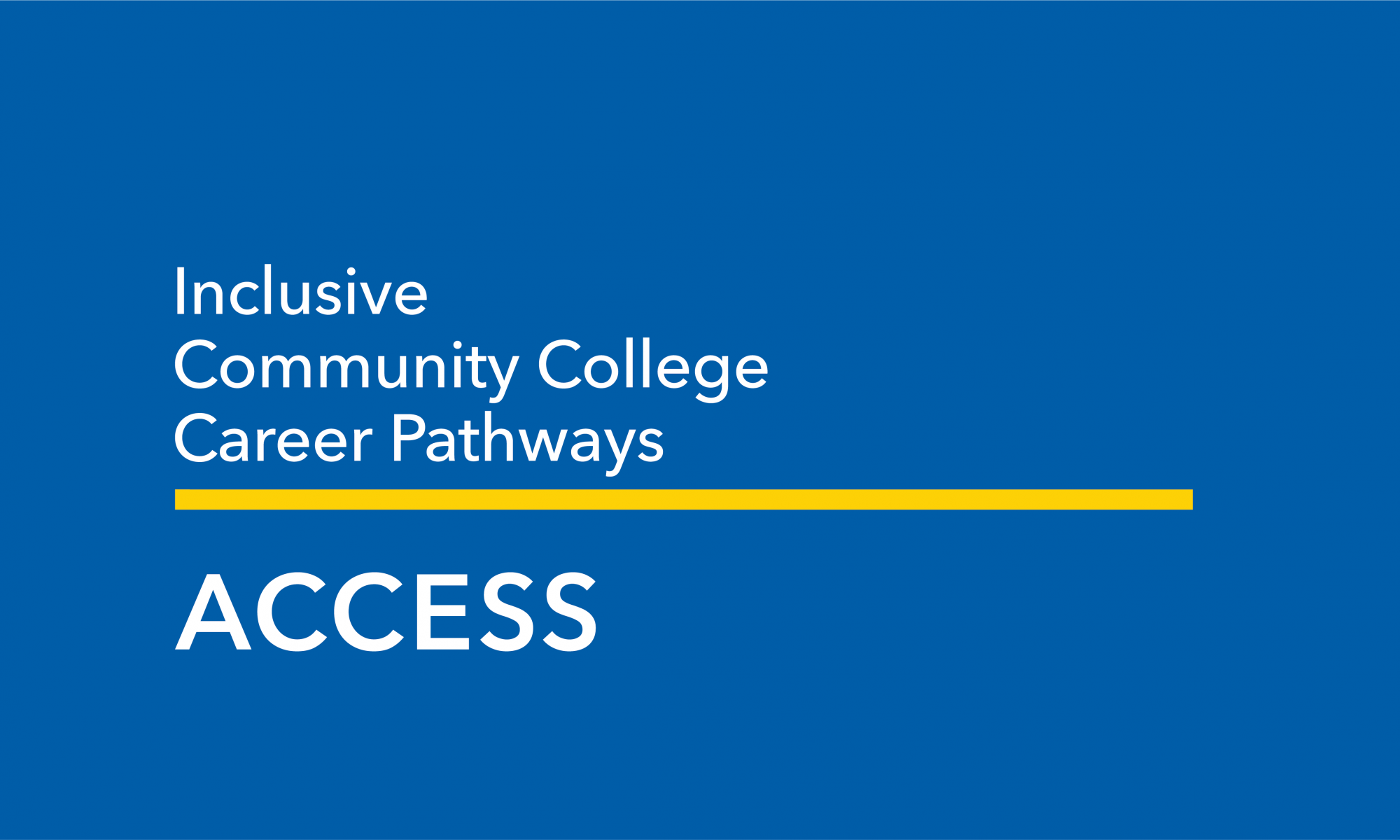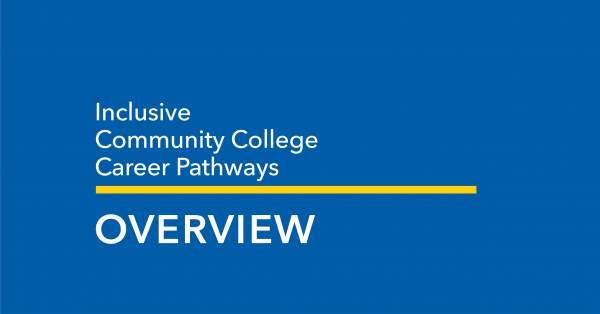By: Chip O’Connell
The seventh annual National Apprenticeship Week (NAW) takes place November 15-21, 2021. NAW is a nationwide celebration where industry, labor, workforce, education and government leaders host events to showcase the successes and value of Registered Apprenticeships for re-building our economy, advancing equity and supporting underserved communities.
Apprenticeships are employer-driven programs that provide hands-on technical training for individuals seeking new skills and employment. Training and instruction are tailored to help the apprentice master skills needed to succeed in a specific occupation. Apprenticeship is a high-quality career pathway, with 92% of apprentices retaining employment in their field and earning an average starting salary of $72,000. Employers utilize these programs to train new employees as well as reskill their existing employees to meet changing demands, resulting in a steady pool of qualified workers. These programs also benefit state governments by lowering unemployment rates and attracting new industries. The Job Corps website contains examples of apprenticeships from programs in industries ranging from automotive and machine repair to homeland security.
The U.S. Department of Labor (DOL) has taken several steps to increase inclusion and accessibility in apprenticeship programs. According to DOL, between 2017 and 2019 the number of apprentices who identify as having a disability increased 550%. Research shows that participation in apprenticeship programs produces a number of benefits for students with disabilities, including experience, employability skills and nationally recognized credentials. An apprenticeship can be a viable career pathway for more than 1.3 million young people with a disability between the ages of 16 and 24.
States are increasingly enacting policies engineered to increase the inclusion and engagement of youth with disabilities in apprenticeship programs. Below are a few examples:
- New Jersey’s Youth Transition to Work (YTTW) Program provides multiple financial incentives for employers hiring youth apprentices, with an emphasis on targeted industries such as health care, information technology or public service.
- Louisiana’s Postsecondary Apprenticeship Pilot for Youth (PAY Check) is a three-to-five semester program that allows transition age youth with disabilities to take classes at Delgado Community College related to specific apprenticeship areas, participate in career development activities, learn community and work skills, and gain employment experience through a paid apprenticeship at the University Medical Center.
- Oregon’s Workforce Innovation and Opportunity Act (WIOA) Plan specifically outlines identified issues and how agencies can strategize to make apprenticeships more inclusive and useful in the state.
Apprenticeship programs are a proven way for individuals to discover exciting career pathways and for states to secure employment for their workforces. Be sure to check out National Apprenticeship Week events happening near you

